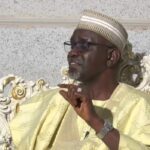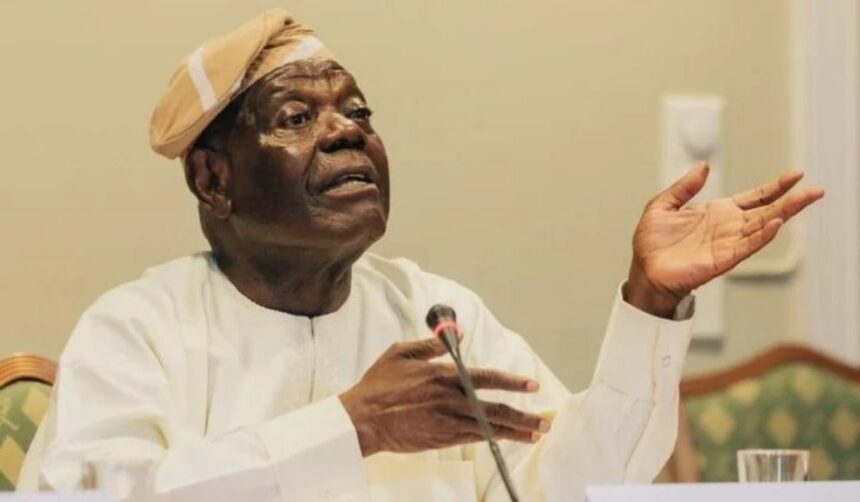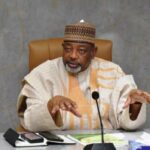Former governor of Osun State, Chief Bisi Akande, has reignited discussions on constitutional reform and restructuring in Nigeria by proposing the adoption of the 1960 constitution.
As part of the celebrations leading up to his 85th birthday, Akande called on the National Assembly to discard the current 1999 constitution and revert to the 1960 version.
Akande, the former interim National Chairman of the All Progressives Congress (APC), said the 1960 constitution, crafted during Nigeria’s pre-independence era, could facilitate the restructuring of the country without extensive deliberation.
He contends that “to give nod to restructuring of the country does not require much other than dumping the 1999 constitution.”
Expressing his preference for the 1960 constitution, Akande highlighted some of its features, including the part-time nature of members of the national and state assembly.
According to him, in the 1960 constitution, politicians, including assembly members, had other professions and received sitting allowances for their public service.
He contrasted this with the current scenario where politics has become a full-time occupation.
Akande further criticized the influence of money and lavish spending introduced into politics by the military, leading individuals to abandon their professions to pursue political careers.
He argued that reverting to the 1960 constitution would help curb the challenges and encourage a return to public service motivated by genuine interest.
Claiming that the 1999 constitution “was not written by anybody,” Akande questioned its legitimacy and suitability for contemporary Nigeria.
He urged a reconsideration of the 1960 constitution, suggesting adjustments based on present-day realities.
Advocates for a revised constitution argue for a framework that better aligns with the country’s current realities, addressing issues such as federalism, resource allocation, and representation.
On the other hand, opponents of the 1960 constitution caution against its regional-based structure, expressing concerns that it could heighten ethnic and regional tensions.
They contend that, despite its flaws, the 1999 constitution provides a more balanced and adaptable framework for national unity.










